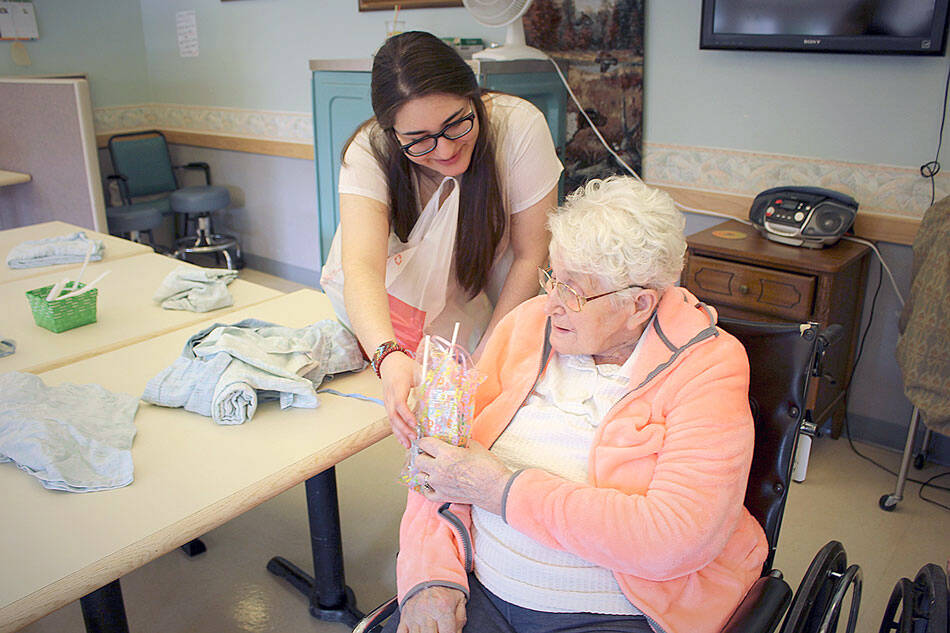By TJ Martinell | The Center Square
(The Center Square) – The Washington Secretary of State’s Office has certified an initiative allowing workers to opt out of the state’s long-term care tax. It marks the sixth and final initiative submitted by Let’s Go Washington to be put on the ballot for the November election in lieu of legislative action.
Washington legislators enacted the first tax on workers to fund a long-term care program known as the Washington Cares Fund, which is funded by a 0.58% payroll tax on employee wages. The law took effect in July. Individuals who qualified were able to opt out of the policy before Dec. 1, 2022.
I-2124 would allow workers to opt out at any time.
In a news release statement, Let’s Go Washington Founder Brian Heywood wrote that the payroll tax “is a particularly cynical government money grab. It pretends to provide a legitimate insurance product but the current mandatory nature and intentional payout flaws were designed to reward union bosses, not adequately cover vulnerable elderly patients. If a private company tried to set up an insurance scheme like the state’s Long Term Care act, the attorney general would likely be suing the company and sending the proceeds to random citizens around the state.”
He added: “Under this initiative, if someone wants to stay in the program, they retain their right to participate, but if they’re one of the many people being forced to pay into a system they know they will never be eligible to use, they would be able to opt-out.
Among those opposed to the initiative is We Care For WA Cares, which has argued that I-2124 effectively constitutes a repeal of the tax and would demolish the long-term care program.
In a December Facebook post, We Care For WA Cares wrote that “there are an estimated 860,000 unpaid family caregivers in WA, most often women or people of color. WA Cares gives us the option of paying a family member to be our caregiver.”








